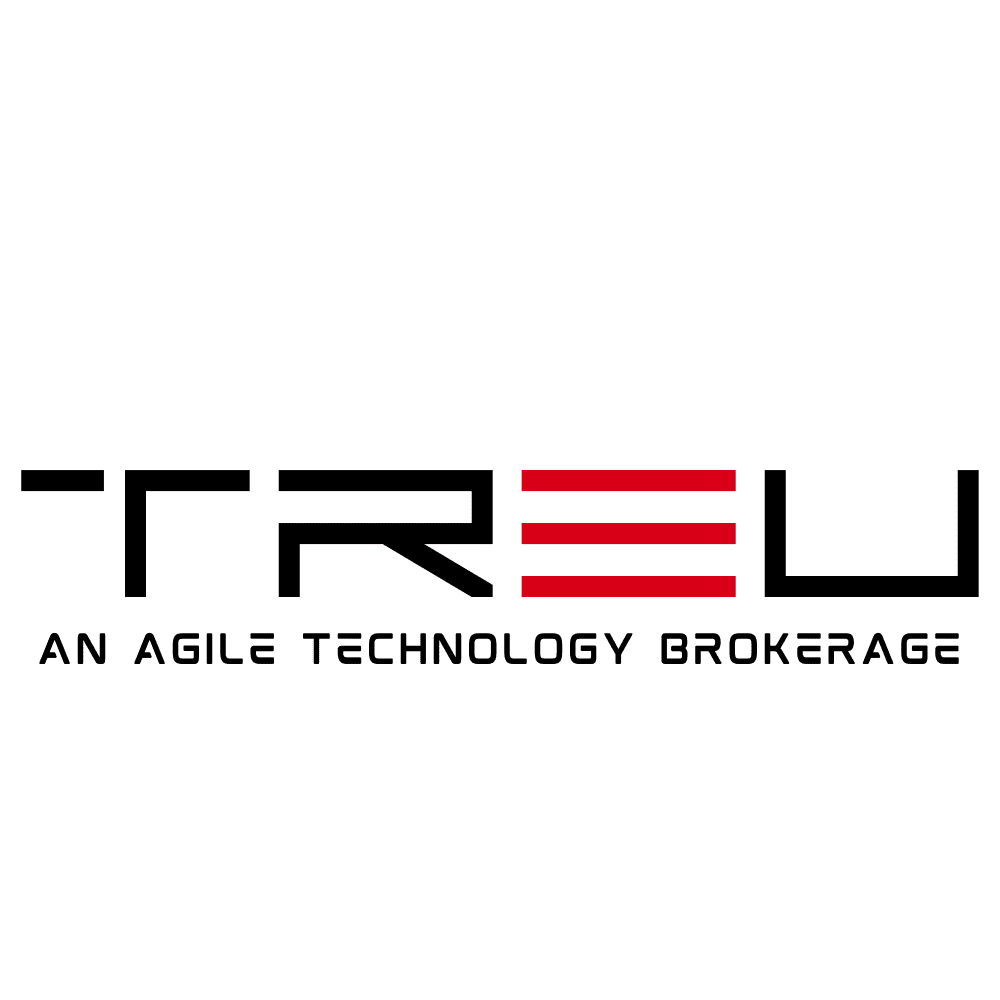How Business Leaders Can Prepare for Agentic AI Transformation
The rise of Agentic AI is reshaping the business landscape in ways never seen before. Unlike traditional AI systems, which are limited to automated and reactive tasks, Agentic AI acts proactively, making decisions and taking initiatives based on goals or missions. This evolution marks a seismic shift for business leaders, who must now rethink how they structure teams, workflows, and strategic objectives. As this transformation unfolds, the question isn’t if your business will be impacted—but how prepared you are to adapt to it.
What Is Agentic AI?
Agentic AI refers to artificial intelligence systems that are designed to behave like agents—entities capable of autonomous decision-making aligned with specific goals. Unlike passive AI tools that wait for human input, Agentic AI can initiate actions, pursue objectives in dynamic contexts, and even collaborate across teams to meet high-level directives. Essentially, it introduces a level of operational independence typically reserved for human employees.
Key capabilities of Agentic AI include:
- Autonomous Decision-Making: These systems decide the best course of action without human intervention.
- Goal-Oriented Behavior: Agentic AI operates with a defined mission or objective and seeks to fulfill it.
- Adaptability: It can modify its strategies in real time based on changing circumstances.
- Collaboration: These systems can work alongside humans and other AI agents for cross-functional performance.
Business leaders must understand its potential and begin laying the groundwork for widespread integration across operations.
Why Agentic AI Demands a Leadership Shift
Historically, AI adoption has revolved around automation—streamlining repetitive tasks such as data entry or customer queries. Agentic AI, however, goes beyond automation and steps into decision-making and problem-solving. This change calls for a new leadership mindset that embraces digital co-workers as part of the team.
This leadership evolution includes:
- Data-Driven Thinking: Leaders must become fluent in AI’s capabilities and data interpretation to make informed strategic decisions.
- Human-AI Team Design: Managers need to rethink roles and create synergy between human talent and AI agents.
- Ethical Oversight: Delegating autonomy to AI raises ethical and governance challenges that require clarity and direction.
Leaders who resist change risk falling behind. For those who embrace the shift, Agentic AI represents an unprecedented opportunity to enhance innovation, speed, and efficiency.
Steps to Prepare for Agentic AI Transformation
For forward-thinking organizations, preparation is already underway. Here are key steps business leaders should take to ready their organizations for this evolution.
1. Build AI Fluency Across Leadership Teams
Digital transformation is no longer the responsibility of just the IT or data department. C-suite executives and department heads must cultivate a working knowledge of AI’s capabilities, limitations, and potential uses across the business.
- Conduct AI training and workshops for leadership to build a foundational understanding of Agentic AI.
- Appoint a Chief AI Officer (CAIO) or a similar leadership role to guide integration and alignment with business goals.
- Stay updated on AI governance and compliance frameworks to avoid legal and ethical pitfalls.
2. Redefine Workforce Structures
Agentic AI won’t just automate existing tasks—it will redefine entire roles. Businesses must move from a task-based model to one where employees collaborate with AI agents to achieve outcomes.
- Map current roles and identify which ones will be augmented, replaced, or created by AI implementations.
- Create hybrid teams where AI agents handle high-volume analytical tasks while humans provide strategic and creative oversight.
- Develop reskilling pathways to help workers transition into new roles that focus on value-adding activities AI cannot perform.
3. Invest in Responsible AI Frameworks
As AI systems take on more agency, accountability becomes a major concern. Businesses must ensure transparent, ethical use of Agentic AI and create frameworks to monitor performance and fairness.
- Create clear usage guidelines for AI in decision-making roles.
- Establish audit trails to ensure explainability and transparency of AI decisions.
- Include diverse voices in the development and evaluation of AI systems to counteract bias and promote fairness.
4. Foster a Culture of Experimentation
The rapid development of Agentic AI technologies means that there’s no one-size-fits-all approach. Companies must be willing to test, learn, and iterate on implementations.
- Launch small-scale pilot programs to experiment with AI agents in specific departments or functions.
- Monitor measurable results and refine based on performance metrics.
- Encourage cross-functional collaboration to identify new use cases and optimize outcomes.
Opportunities on the Horizon
Businesses that embrace Agentic AI stand to gain a competitive edge in multiple areas:
- Improved Decision-Making: Agentic AI can analyze trends and recommend strategic shifts faster than traditional teams.
- Customer Experience Enhancement: AI agents can respond to customer needs proactively, often before human agents detect an issue.
- Increased Efficiency: Automating multi-step decision processes frees up human workers for higher-order thinking and innovation.
The result? A leaner, smarter, and more responsive organization that can adapt and thrive in a fast-paced digital economy.
Final Thoughts: The Future Is Agentic
The Agentic AI transformation is not just about integrating new technologies—it’s about reimagining the very nature of work and leadership. Business leaders must prepare now by building AI fluency, restructuring workforce models, investing in ethical frameworks, and fostering a culture that embraces continual transformation.
This era will reward agility, innovation, and vision. By taking proactive steps today, organizations can leverage Agentic AI not as a threat, but as a transformative partner in achieving sustainable success.
Take massive action towards responsible adoption of AI today—because the future of your business depends on it!

